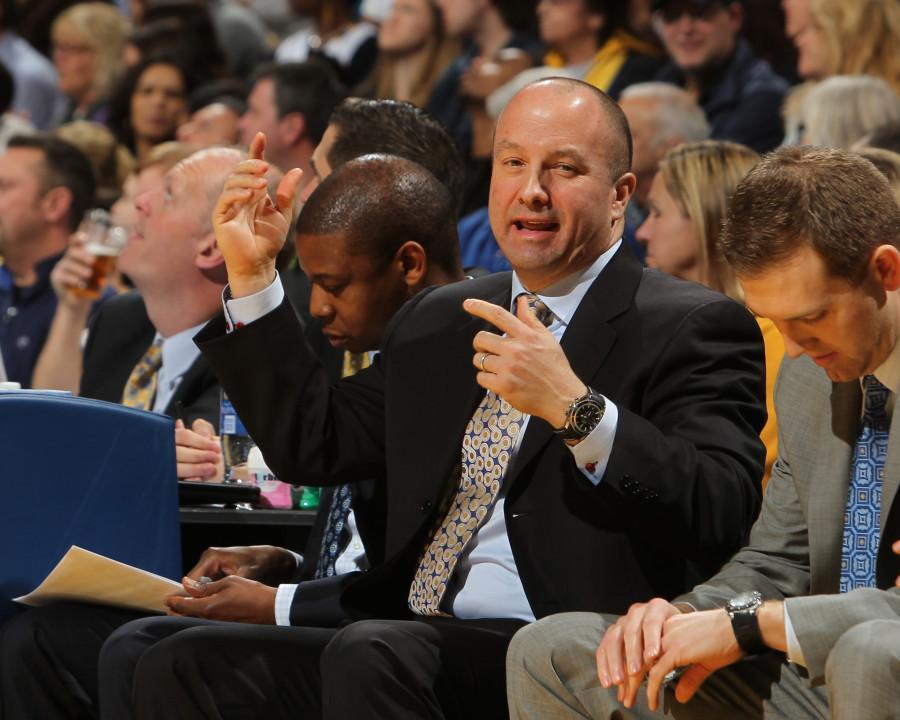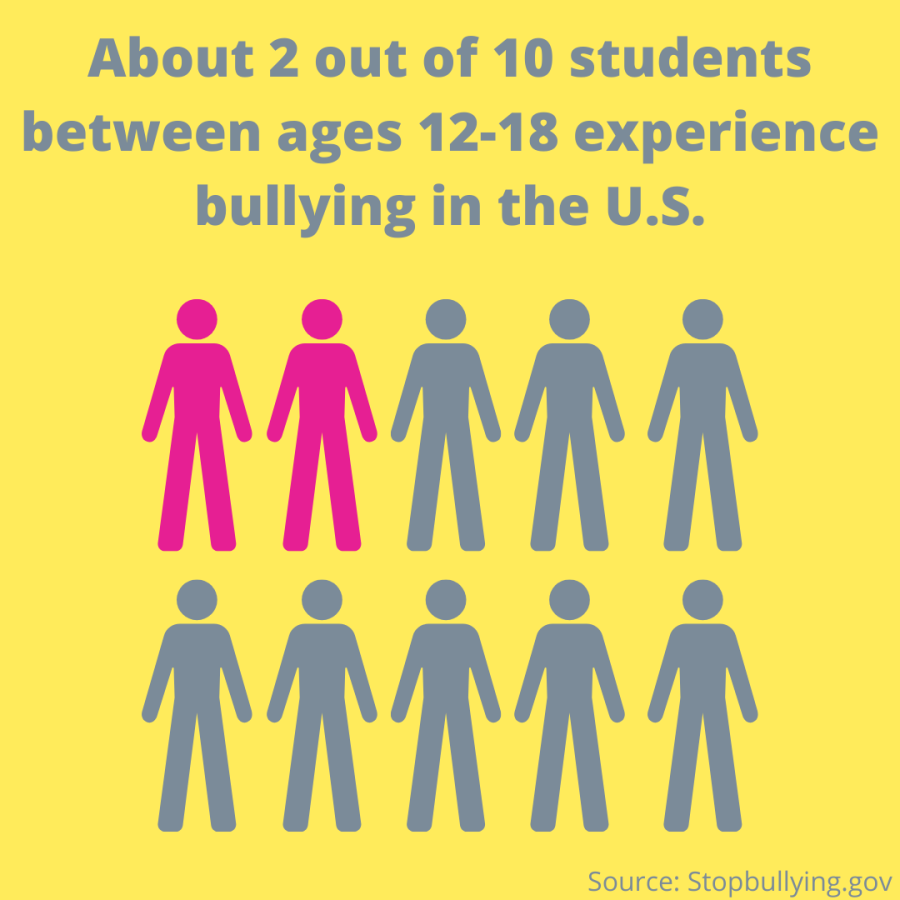One-third of American children, roughly 13 million kids, will be bullied this year, and 8 to 20 percent of the student population are bullied once a week or more on a consistent basis, according to a Department of Justice report.
Now, a new documentary, “Bully,” and an Arizona law to stop cyberbullying are at the forefront of creating awareness of the emotional and physically damaging act.
John Grych, a professor and chair of Marquette’s psychology department, said there are three different groups of children involved in bullying: bullies, victims and victim/bullies, which he said make up 25 to 50 percent of all American children in total.
Children who report consistent bullying, Grych said, make up an estimated 10 to 20 percent of the populace.
“In general, victims of bullying tend to be withdrawn, submissive and less popular than youths who are not bullied, and may exhibit low self-esteem, depressive symptoms and anxiety,” Grych said. “They may be viewed as ‘easy targets’ who will not fight back or seek help from teachers or other authorities.”
Children who engage in bullying, who Grych said constitute 10 to 20 percent of the population, are commonly a heterogeneous group with a variety of motives for their actions — one of which is gaining status within their peer groups.
The smallest group, who are both victims of bullying and bullies themselves, make up 5 to 10 percent of children, Grych said.
“(These 5 to 10 percent) tend to exhibit the poorest psychological adjustment,” Grych said. “They demonstrate poor affect and behavior regulation, impulsivity, poor academic performance, low levels of prosocial behavior, and elevated rates of anxiety and depression.”
Grych said these children often lack skills and popularity and react strongly to being teased by in turn acting out aggressively toward others.
The documentary, “Bully,” directed by Lee Hirsch, was released March 30 in select theaters and will be released in all theaters Friday. The film is a call to end bullying in society and advocate for the awareness of bullying in schools and its effects. It follows five children over the course of a single school year. One family in the film lost their son to suicide after he was continually tormented at school.
Vincent Gray, mayor of Washington, D.C., announced Tuesday that he will implement a citywide plan to deal with bullying after seeing the film. Gray plans to create a 14-member task force, a research report on bullying, a model policy and forums on bullying for D.C. agencies.
At a local level, Jill Weisensel, Marquette Department of Public Safety sergeant, helped develop the Marquette University Takes ACTION Bystander Intervention program. The program was developed in correlation with Marquette’s 2011 Sexual Violence Prevention training.
“In theory, (the program) encourages students to realize the many ways in which all people are similar rather than different and encourages students to create an environment in which bullying, harassment, or abusive behavior is not tolerated,” Weisensel said.
Weisensel said she believes the film will encourage dialogue surrounding the topic and the different perspectives people have.
“The documentary emphasizes the power that just one person can have if they stand up for someone,” Weisensel said. “Marquette takes pride in developing students and creating a community of ‘men and women for others.’ As a community, we believe in empathy and altruism, and to create empathy, people need perspective.”
Courtney Wesnofske, a graduate student in the College of Education, said bullying must be addressed. She is currently obtaining her masters degree in school counseling and said she witnesses bullying on a daily basis at the high school in which she works.
Wesnofske said she believes cyberbullying, bullying via texting, email and social networking sites, is a serious issue for children. She said the speed at which information can travel helps create negative rumors.
“Think about it,” Wesnofske said. “The second you write something on a friend’s wall on Facebook, all 938 of your friends see it, plus all 1025 of her friends see it, and many others. You can tell thousands of people something in the time it takes to hit ‘post.'”
A recent bill passed by the Arizona House of Representatives seeks to derail this type of cyberbullying, making it illegal to post words or messages online that “annoy or offend.”
Grych said he does not see much of a point in the law because of its vagueness.
“It seems to me that prohibiting words that ‘annoy or offend’ leaves a lot of room for interpretation and would be difficult to enforce,” Grych said.








